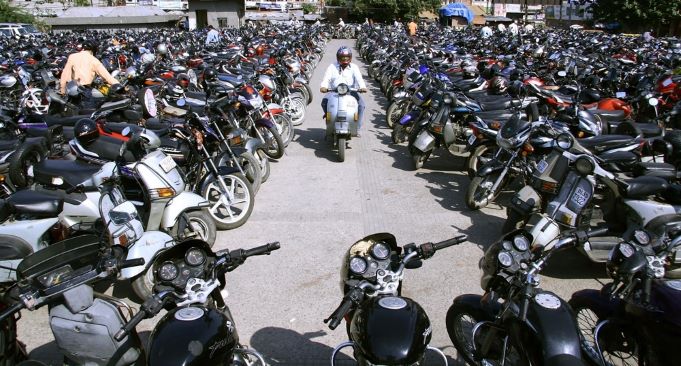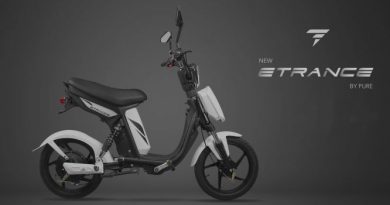Manufacturing Push continues as Import Duty on EV Parts & Components reduced

The govt lowered customs duty on import of parts and components of such vehicles to 10 to 15 per cent. Until now, vehicle parts and components imported for assembly in India attracted import duty of 15 to 30 per cent.
The Central Board of Indirect Taxes and Customs (CBIC) has carved out a separate category for parts and components of electric vehicle for which customs duty has been lowered to 10-15 per cent.
Further, the CBIC has removed customs duty exemption to battery packs for electric vehicles and also doubled the duty on battery packs for mobile phones.
Henceforth, import of battery packs for electric vehicles will attract 5 per cent tax. Customs duty on battery packs for mobile phone has been doubled to 20 per cent.
The new rates of duties will come into effect immediately on 30 Jan, the CBIC said.
The move came soon after its announcement to levy a green cess on two-wheelers that run on petrol. The Society For Indian Automobile Manufacturers (SIAM) has welcomed the central government’s move to lower the import duty on CKD and SKD of electric vehicle components. While the import duties were lowered on EV components, the government did not allow to import fully built electric vehicles at a concessional rate. The notification comes before the Union Budget 2019 and removes any ambiguity around the definitions of CKD and SKD for electric vehicles across segments. The notification states that fully built EVs will still attract 60 per cent/100 per cent duty for passenger vehicles, 50 per cent for two-wheelers and 25 per cent for trucks and buses, as they are for conventional vehicles. Furthermore, import duty on battery cell has been raised from zero to 5 percent under the new notification. That could be bad news for Indian buyers of the Tesla Model 3, which is due to start reaching these buyers by the end of this year.
Now all the eyes are on the Union Budget 2019 as the Renewable Energy sector and Electric Vehicle segment wait for changes in laws or policies which will determine the way forward in the country.





